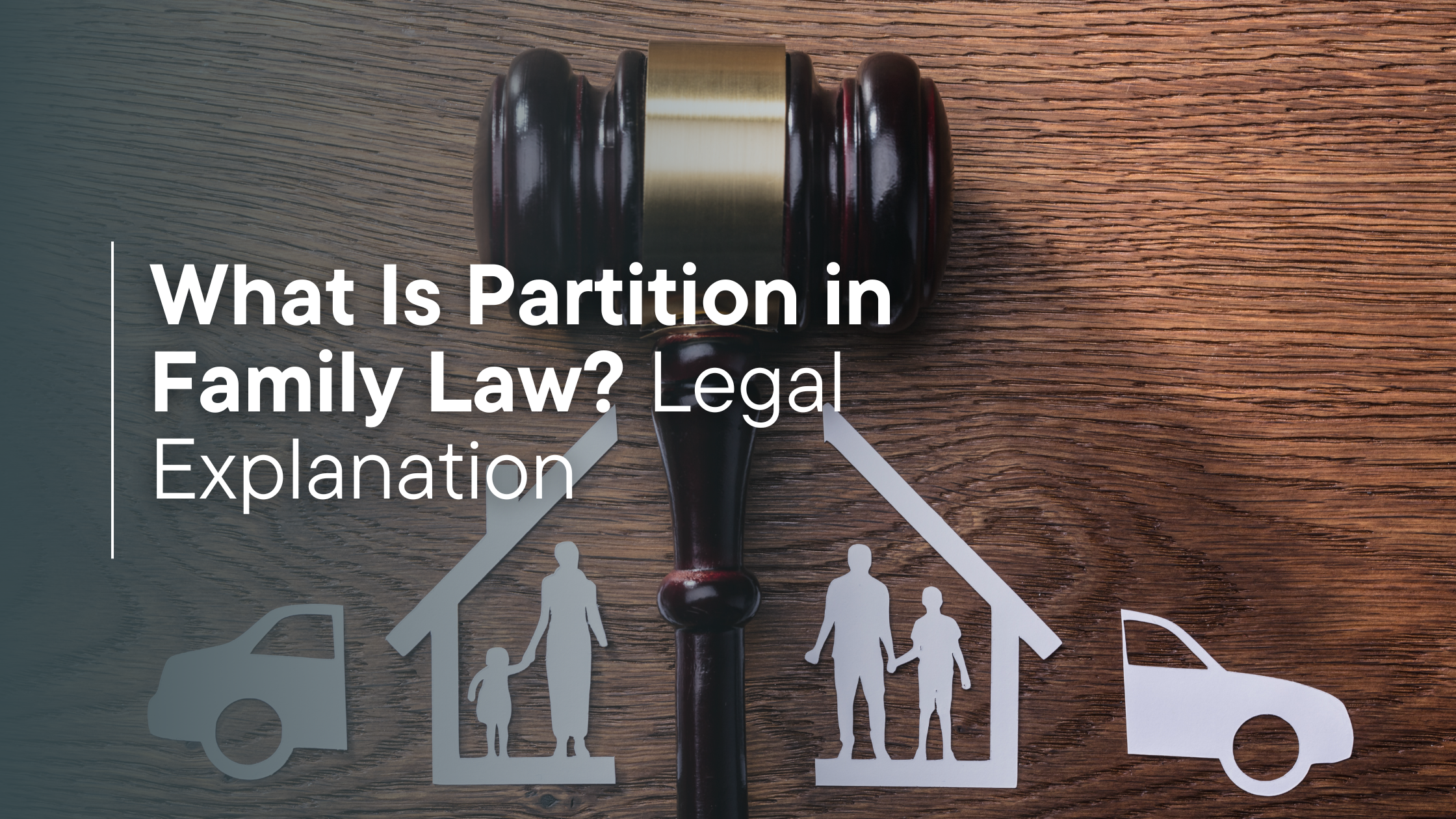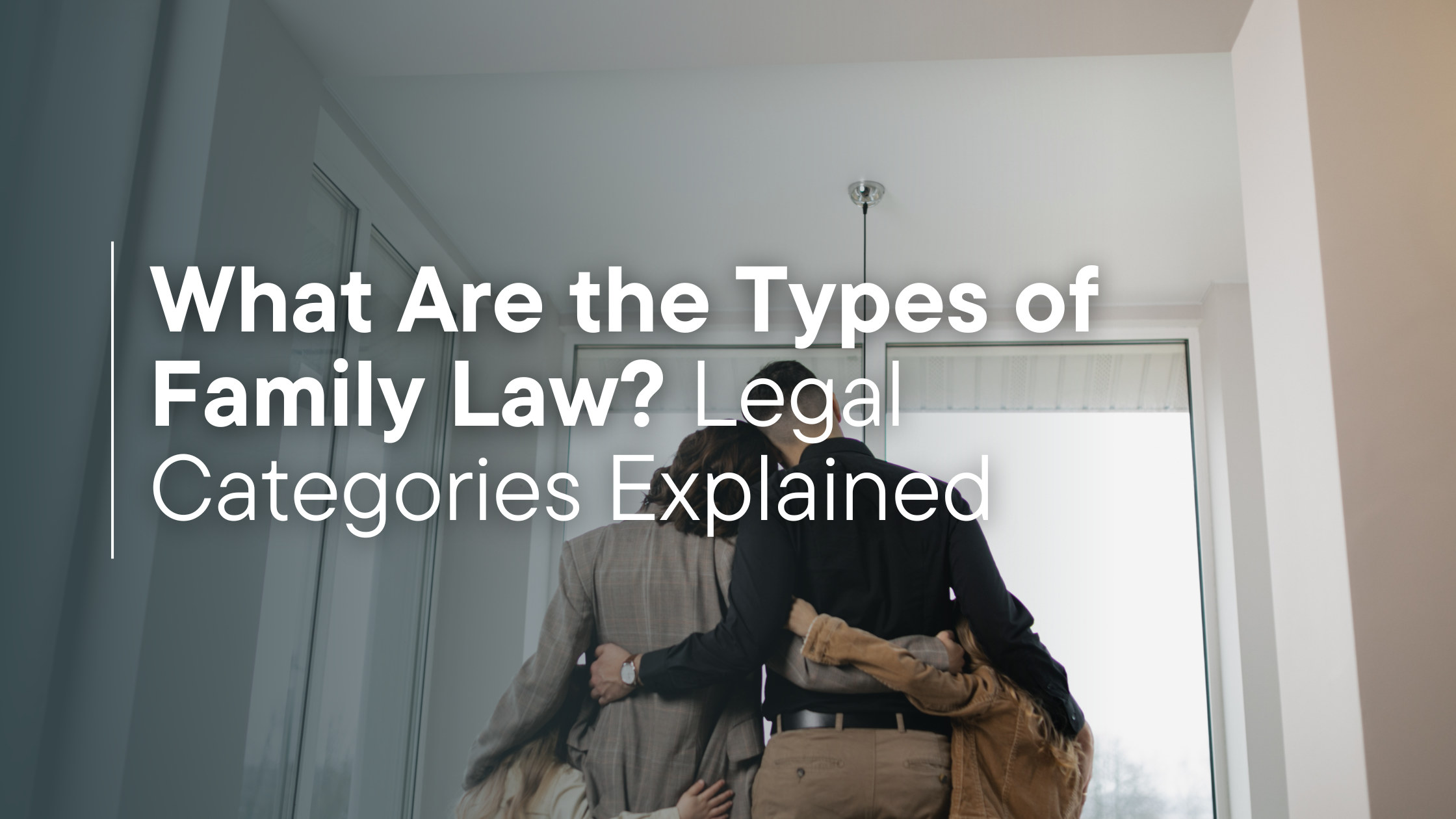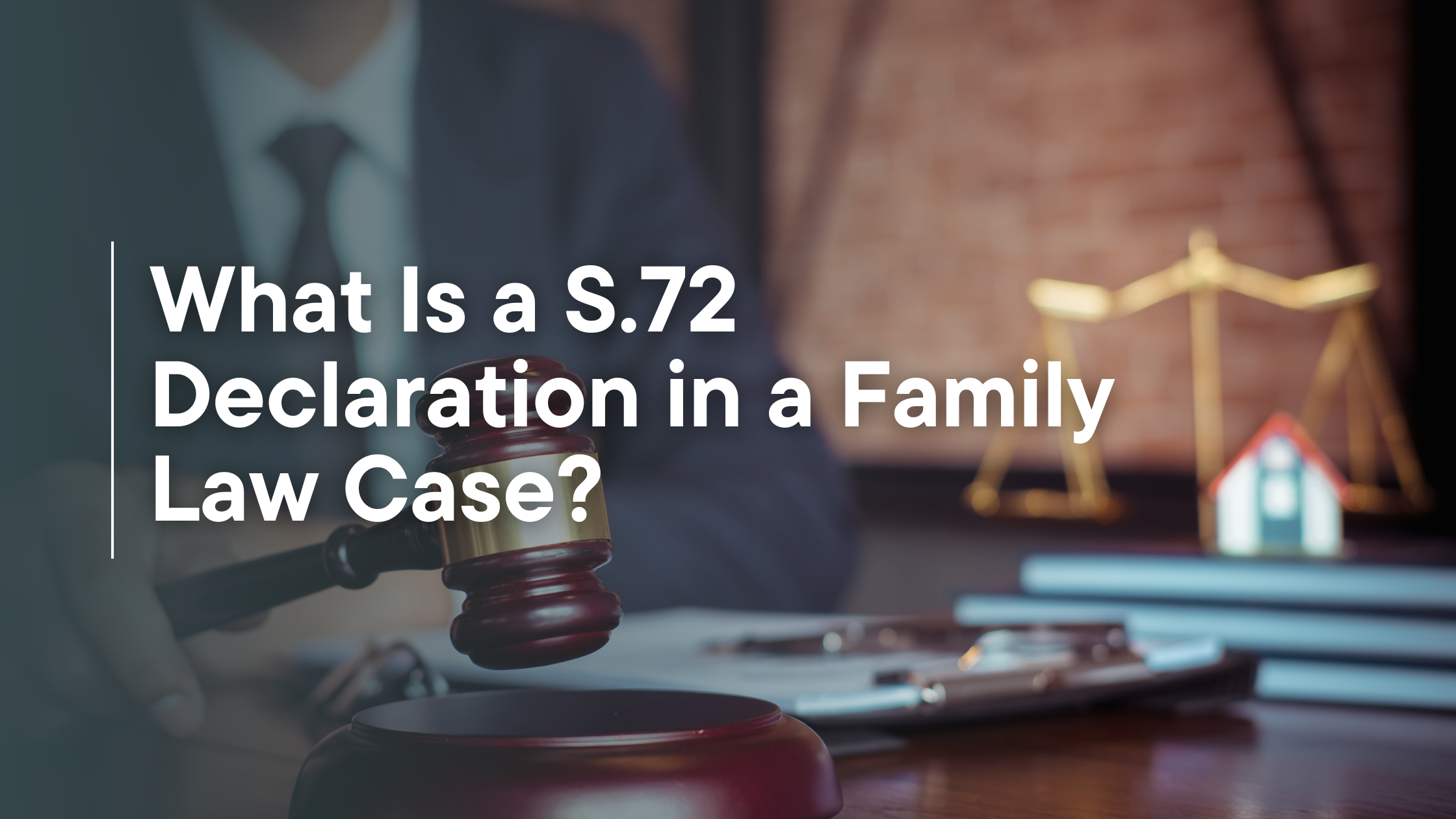Facing a complex legal matter involving property division during a divorce or family dispute? At Barli Law LLC, we understand the emotional and financial challenges you may be experiencing. Partition in family law is a key concept that plays a vital role in dividing property between individuals, especially in cases involving marital separation. In this blog, we will break down what partition is, how it works, and what you need to know if you’re facing this issue in a family law case.
What Is Partition in Family Law?

In family law, partition refers to the legal process of dividing jointly owned property between two parties. This often arises in divorce cases when a couple needs to divide their assets, including real estate, bank accounts, and other valuable property. Partition ensures that each party receives their fair share of the property, helping to resolve disputes over ownership and distribution.
There are two primary forms of partition in family law:
- Voluntary Partition: When both parties agree on how to divide their property without involving the court.
- Involuntary Partition: When the parties cannot agree, and the court intervenes to determine how the property will be divided.
Understanding partition is crucial in ensuring a fair and just resolution during the dissolution of a relationship.
Legal Basis for Partition

Partition is governed by state laws, which vary depending on where the divorce or family dispute occurs. In most cases, courts will refer to property division laws, such as equitable distribution or community property laws, to determine how assets should be divided.
- Equitable Distribution: In many states, property acquired during the marriage is divided in a way that the court deems fair, though not necessarily equal.
- Community Property: In a few states, all property acquired during the marriage is considered jointly owned and must be divided equally between the spouses.
Additionally, certain legal documents such as prenuptial agreements, property deeds, and financial records will play an important role in the partition process, helping establish ownership rights.
How Partition Works in Divorce Cases

When a marriage dissolves, the division of property often becomes one of the most contentious aspects of the process. This is where partition comes into play.
- Property Division in Divorce: If the couple cannot agree on how to divide their property, the court may order a partition to resolve the matter.
- Equitable Distribution vs. Community Property: Whether you live in an equitable distribution state or a community property state can have a significant impact on how property is divided. For example, in a community property state, the court will typically divide the property equally, while in an equitable distribution state, the court may divide the property in a way that it considers fair, considering factors such as each party’s financial contribution and needs.
A partition is an essential tool in ensuring that both parties receive their fair share of the marital assets and helps avoid prolonged disputes.
Steps in the Partition Process

The partition process involves several steps, which can vary depending on whether it is voluntary or involuntary.
- Initial Assessment of Property
- The first step in the partition process is identifying and valuing the property. This includes real estate, financial accounts, personal assets, and anything else considered joint property.
- The first step in the partition process is identifying and valuing the property. This includes real estate, financial accounts, personal assets, and anything else considered joint property.
- Negotiation or Mediation
- Before court involvement, couples may attempt to negotiate or mediate the terms of the property division. Mediation allows both parties to work with a neutral third party to come to a mutual agreement.
- Before court involvement, couples may attempt to negotiate or mediate the terms of the property division. Mediation allows both parties to work with a neutral third party to come to a mutual agreement.
- Court Involvement
- If the parties cannot agree on how to divide the property, one party may file a petition for partition in court. The court will then oversee the process and make a final decision on how the property will be divided.
- If the parties cannot agree on how to divide the property, one party may file a petition for partition in court. The court will then oversee the process and make a final decision on how the property will be divided.
- Resolution or Sale
- The final step is either the physical division of property or the sale of the property, with proceeds being divided between the parties. If the property cannot be physically divided (e.g., a house), it may be sold, and the sale proceeds distributed.
- The final step is either the physical division of property or the sale of the property, with proceeds being divided between the parties. If the property cannot be physically divided (e.g., a house), it may be sold, and the sale proceeds distributed.
Challenges and Disputes in Partition Cases

Partition cases can be highly contentious, particularly when valuable property is involved. Common disputes include:
- Disagreements Over Property Value: Both parties may have differing opinions on the value of the property, which can lead to delays or conflicts.
- Ownership Claims: One party may argue that certain property is not joint property and should not be included in the division.
- Emotional and Financial Impact: Property disputes are often emotionally charged, and resolving them can take a toll on both parties, especially when significant assets are involved.
In such cases, the court may appoint expert witnesses, such as appraisers, to help determine the fair value of the property and ensure an equitable distribution.
Partition and Other Family Law Matters

Partition doesn’t always stand alone in family law cases. It may intersect with other legal matters, such as:
- Child Custody: The division of property can affect a parent’s ability to secure housing or provide for their children.
- Spousal Support: The property division may also influence decisions regarding spousal support or alimony.
Understanding how partition interacts with these other aspects of family law can help ensure a more comprehensive resolution to your case.
When Do You Need Legal Help with Partition?

Navigating a partition case on your own can be overwhelming, especially when significant assets are involved. Having an experienced attorney by your side can help protect your rights and ensure that the property division process is handled fairly and efficiently.
At Barli Law LLC, we specialize in handling complex family law matters, including partition cases. Our legal team is dedicated to guiding you through every step of the process, offering clear, strategic advice to help you achieve the best possible outcome.
Conclusion
Partition in family law is an essential process for dividing jointly owned property in a divorce or family dispute. Whether through voluntary agreement or court-ordered intervention, the goal is to ensure an equitable and fair division of assets. If you’re facing a partition case, it’s important to have a legal advocate who understands the complexities of property division.
Let us stand by your side during this challenging time. Contact Barli Law LLC today to schedule a consultation and learn how we can help protect your rights and guide you through the partition process with confidence and care.




